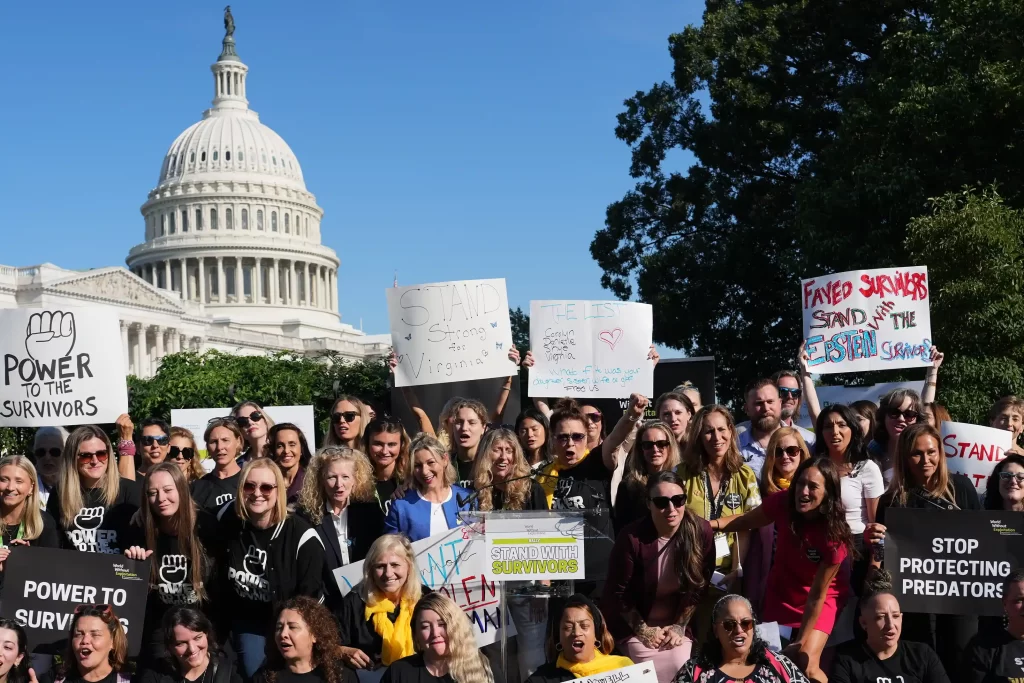
Damon is an apprentice devil tasked with learning to undermine and weaken the Church of England and wider Anglicanism. Lucius is a senior devil mentoring apprentices overseeing the work on all denominations. Lucius refers to the Church of England as the ‘English Patient’. Lucius is particularly keen to encourage the Church of England’s peculiar ecclesionomics, bloated ecclesiocracy and unaccountable episcocrats. Lucius draws on C. S. Lewis’ Screwtape Letters, published in 1942. These letters are published by Lucius for the benefit of new apprentices. – Lucius.
Worship Workshop
Dear Lucius,
As you know, we have had a lot of success over the past fifty years with our long-term strategy of encouraging the churches to thin out the content of hymns, and replacing them with bland modern choruses that largely describe how the worshipper feels about G*d, and they would like G*d to feel about them. These choruses are often sung repetitively, have little core dogma, so from our point of view are very time-consuming and content-lite, which is ideal. The choruses are promoted by the churches under the banner of ‘relevance’’, which is also helpful, as the content increasingly has no relevance to core Christian teaching.
Admittedly we did not devise this strategy. But it is another one of these ‘bold initiatives’ of the church that we have been happy to support, as it has divided congregations whilst also gradually undermining shared Christian teachings and creating a vacuum where personal feelings and individualism can flourish.
Of course, I always worry that our PR team and Spin-Meisters go too far when they suggest novel projects like the Laodiciean Hymnal, with new hymns for the 21st century changed slightly to get away from the stuffiness of the 19th century. Some Christians might not notice the likes of ‘Take My Life and Let Me Be’, ‘O God Our Enabler in Ages Past’, and ‘All Hail the Influence of Jesus’ Name’ sneaking under the radar. But we still have some way to go before the likes of ‘What an Acquaintance We Have in Jesus’, ‘Sit Up, Sit up for Jesus’, ‘Spirit of the Living God, Fall Somewhere Near Me’, and ‘Be Thou My Hobby’ feel normal.
We are also some distance from the kind of rendering of Oh Jesus I have Promised that we committed ourselves to at the last Apprentice Conference. You may remember Diablo proposed some new words before he graduated and went to work on American Methodism:
Oh Jesus I have tentatively committed
To serve thee for an agreed period of time,
(subject to review)
Be thou ever near me,
(but not too close, cause I need my space)
My colleague and my friend.
I do actually fear the battle
On grounds of health and safety
I and I will only wander from the pathway occasionally,
For some shopping and a coffee break
For which you can still be my guide.
I think as we agreed at the time, although these words are accurate in terms of where we want believers to land, the hymn doesn’t scan to any of the tunes Christians use. So I have been developing my thinking as part of my portfolio for assessment later this year, and specifically from the module on Worship Disruption, which has been superbly taught. Not only is the history of liturgical and hymnody conflict well presented, we have also been able to liaise with students studying Anti-Pastoral Theology and Deliturgical Studies.
Can I therefore run this by you for informal assessment? It is set to the tune and metre of Michael Saward’s ‘Ch***t Triumphant’ and I have rewritten this for our English Patient as ‘Church Triumphal’. I think this works well, but before I submit for formal assessment I wonder if you could take a look and comment? I’d be most grateful. Your Servant, Damon
1. Church triumphal, ere’ mansplaining,
Ruling everything!
Just the greatest, Ever English
Hear us as we sing,
We’re the greatest show in town
Such high renown, with eternal fame.
2. Church of England, ever glorious
Super-Duper-Thing!
Best of churches, none our equal
Hear the others whinge!
We’re the greatest show…
3. We’ve got bishops and cathedrals
Lots of pretty bling
None can match us, we’re fantastic
See the others cringe!
We’re the greatest show…
4. We’re not Baptists, nor like Papists
All those others err
We are best and loved by God
His True Church on Earth!
We’re the greatest show…
5. Church Established, Truly Awesome!
Our Leader is the King!
Nonconformists can’t do ritual
Incense! Censors! Swing!
We’re the greatest show…
6. Church of England, slightly sexist
Soaring on our wings!
Pompous, classist, condescending
Loves to do its thing.
We’re the greatest show…
7. Self-regarding, few Remaining
Slightly short of cash
Give us all your hard-won earnings
Help restore our stash.
We’re the greatest show…
8. Hopeless bishops, stuck for ever
Enthroned on High above
Sin and Faults and Hell shall never
Shut their PR up!
We’re the greatest show…
9. Hearts and voices ever-whingeing
Through the aeons long
All is lost through steady phasing –
Still, we’re never wrong!
We’re the greatest show in town
Such high renown, with eternal fame.
Dear Damon
Your new hymn perfectly captures the essence – indeed, the very worshipping heart – of your English Patient. The patient is in love with themselves, and like Narcissus, just besotted with how they look to others and how they appear to themselves. So, well done on putting into a hymn such ignoble truths! I can see that this portfolio of yours is going to be a rich and rewarding read. Naturally, I can’t see the English Patients ever singing your revised hymn collectively and out loud. But under their breath, smugly, they’ll be humming it all the time.
What I think you could usefully develop in your portfolio a little bit more is to explore how and why all the best ideas to undermine the church actually come from within the church itself. We really don’t need to do a lot, other than encourage every manoeuvre that the English Patient makes.
Perhaps your portfolio might want to reflect on this a little bit more? I mean, we obviously teach Anti-Pastoral Theology as an art. But if you take a look at how an ordinary diocesan HQ works these days, the theory, art and practice are all areas we could hardly improve on.
Also, our Anti-Pastoral Theology is an optional module. But your English Patient has made this a compulsory subject and one that is permanently assessed, and inflicts all manner of box-ticking pointless bureaucratic nonsense on churches, and frightful organisational migraines on ordinary clergy and congregations. Hell would be sheer hell if it was run like that! Honestly, if we were devising a strategy from scratch to demoralise churches, I have to say the hierarchy of the English Patient beat us to it long ago, and we could hardly better their results.
I think the ‘Lessons Learned’ (pun intended) review of our module and your portfolio for assessment is already clear. Less is more? Your English Patient is the architect and expert of their own implosion. All you need do is encourage them to keep digging. As you can surely see, the holes just get deeper. Anyway, many thanks for the new hymn, which I will cheerfully hum in my lunchbreak.
Your Mentor, Lucius.


